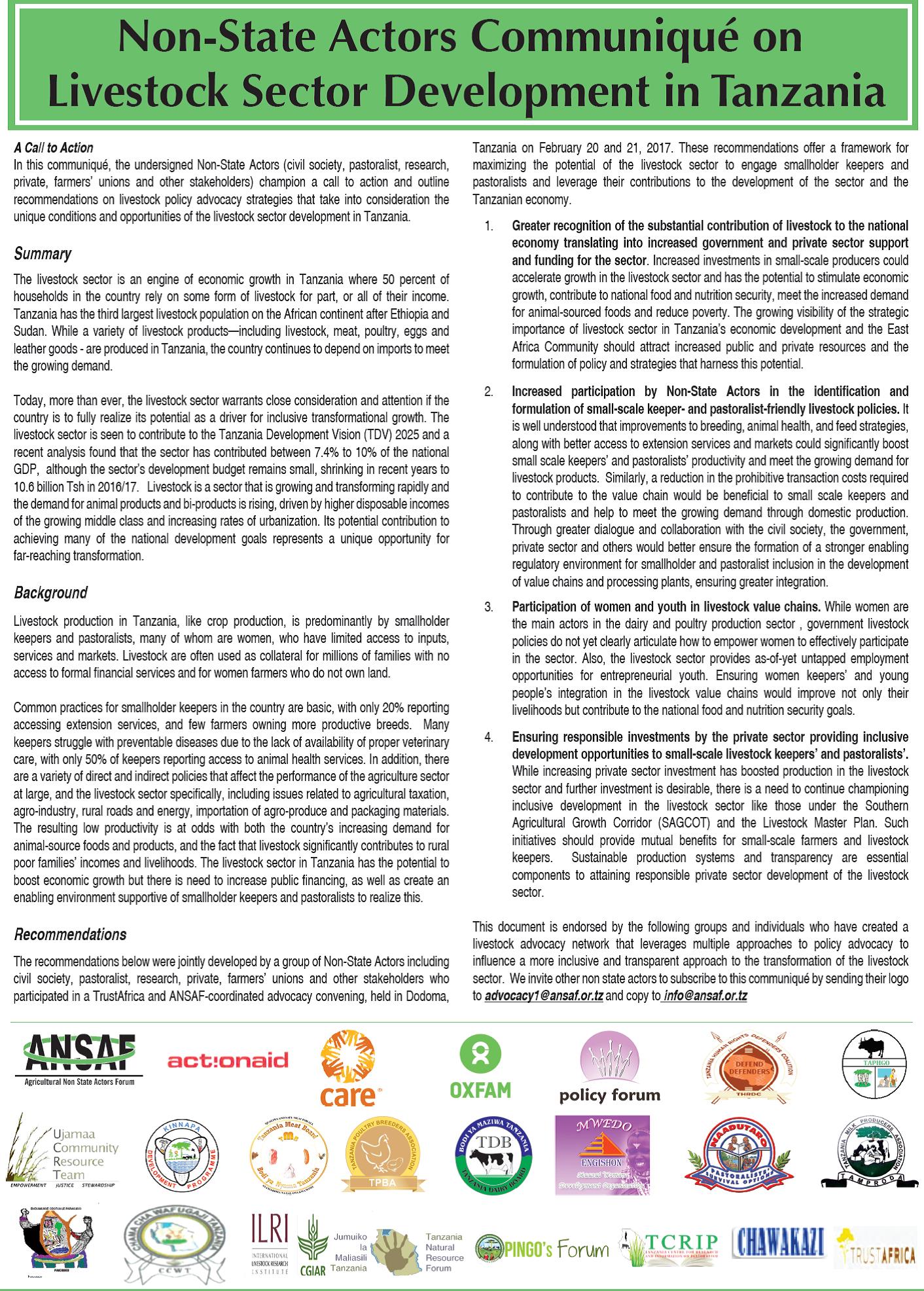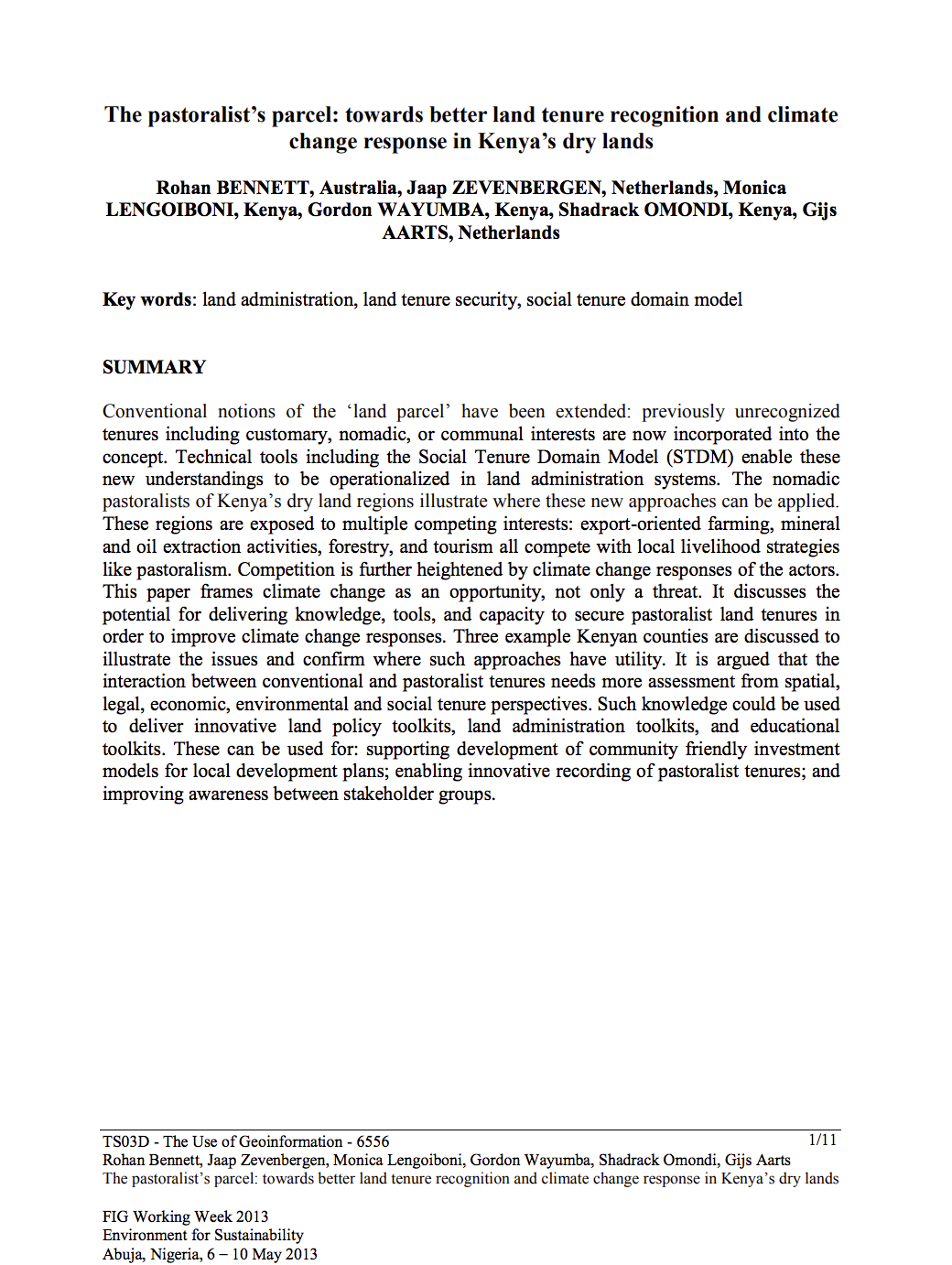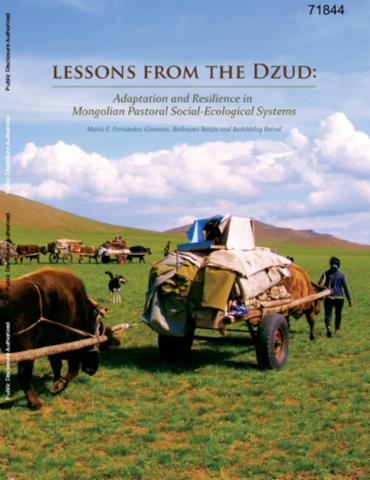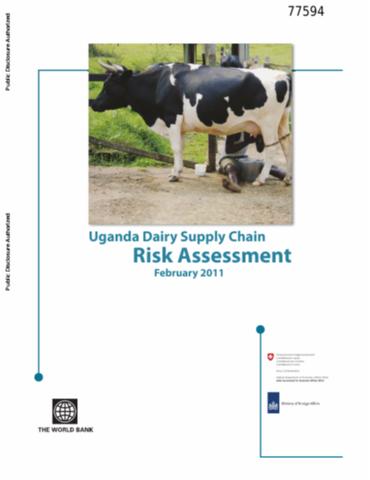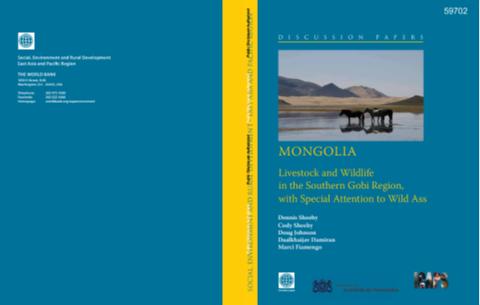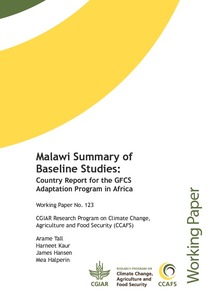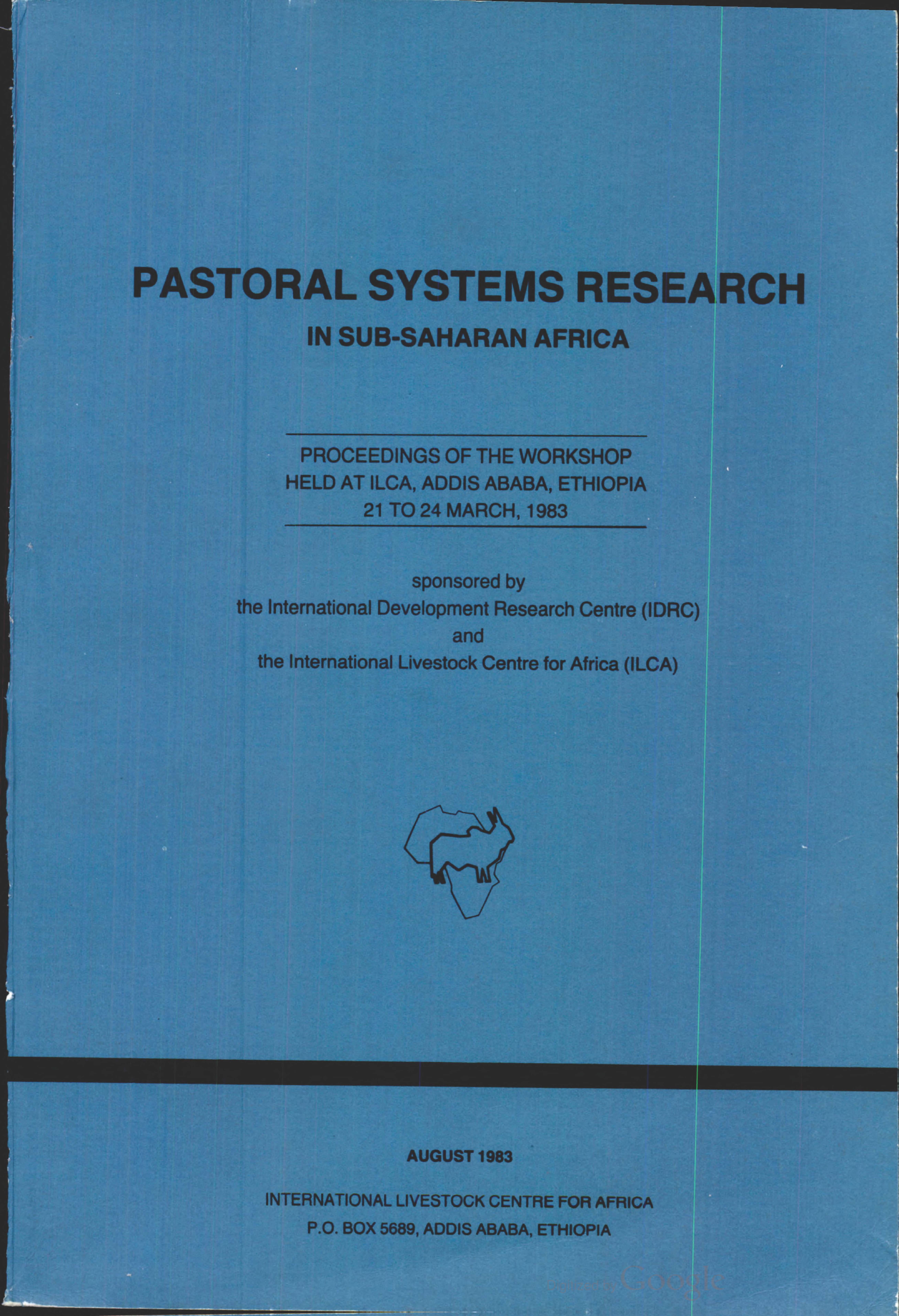Non-State Actors Communiqué on Livestock Sector Development in Tanzania
In this communiqué, the undersigned Non-State Actors (civil society, pastoralist, research, private, farmers’ unions and other stakeholders) champion a call to action and outline recommendations on livestock policy advocacy strategies that take into consideration the unique conditions and opportunities of the livestock sector development in Tanzania

